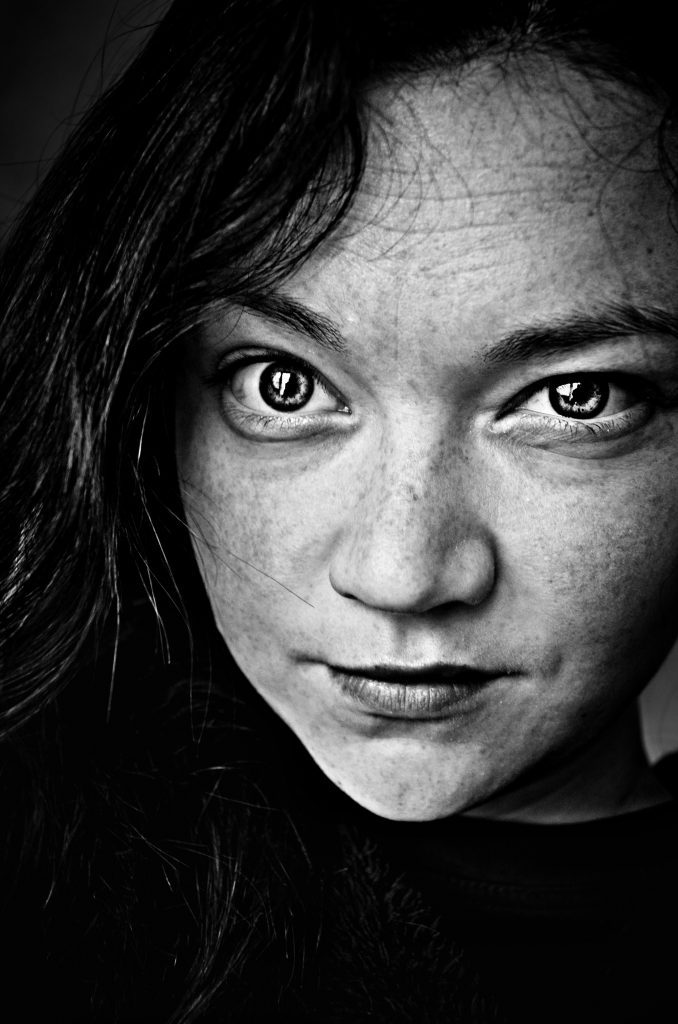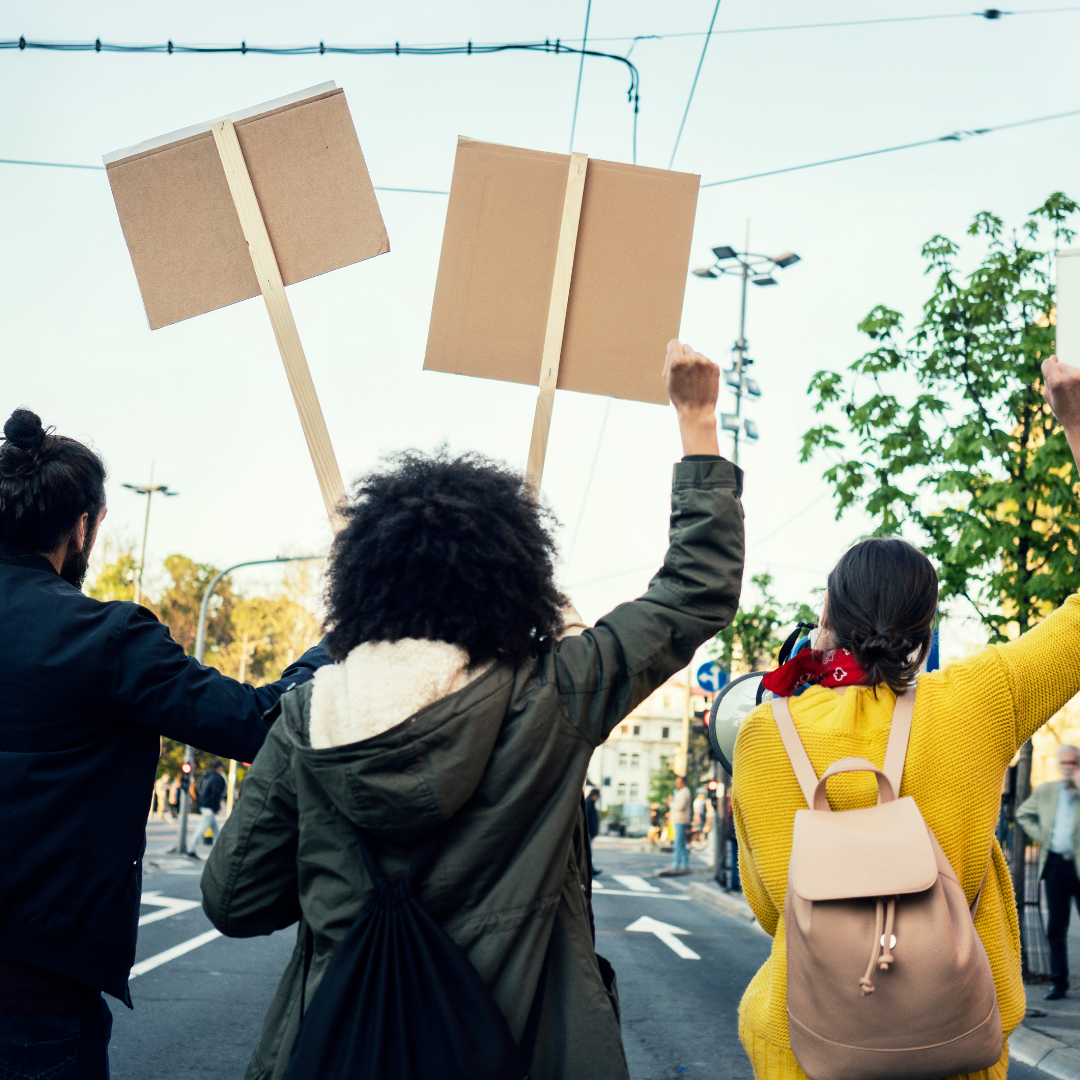Our Thoughts on Roe v. Wade
When envisioning a world where women and girls achieve gender equity and freedom from violence, we at Aura Freedom push ourselves to not only imagine freedom from, but freedom to. Not just freedom from violence, from prosecution, from inequality – but freedom to make choices: about our bodies, our education, our health, our families, our movement, our paths.
In response to the recent publication of a leaked document from SCOTUS that points to an imminent overturn of Roe v Wade, Aura Freedom would like to discuss the impact of this document and the impending decision from SCOTUS, and the matter of reproductive justice.
Roe v Wade was a landmark decision of the Supreme Court of the United States in 1973, which affirmed women’s rights to privacy as outlined in the U.S. Constitution. Under this right to privacy, it was decided that women had the right to access abortion without extensive government restriction. While States have differing regulations regarding abortion, Roe v Wade signalled a massive step forward in the movement for reproductive justice and bodily autonomy both in the United States and abroad. This landmark decision hugely influenced other countries in their subsequent decisions to decriminalize abortion, and its will undoubtedly have similar effects, especially in neighbouring countries in South America.
Of course, we know that abortions existed and were performed before the Roe v Wade ruling. Illegal or informal abortions have always existed underground in contexts where abortion is criminalized, with varying levels of safety and accessibility. These illegal abortions present significant social, financial and health risks to all women, and these risks are more significant for poor, racialized, immigrant, disabled and queer women (to name a few).
Leading up to the legalization of abortion, feminist groups across North America organized self-help clinics to place knowledge and tools about women’s reproductive health in the hands of women. These clinics touched on subjects ranging from pregnancy tests, reproductive anatomy, and self-induced abortions.These feminist consciousness-raising groups recognized reproductive health as a site of political power, and reappropriated biomedical knowledge and tools to place this power in the hands of women.
Feminist self-help clinics are a heart-warming example of resilience and grassroots feminist movement-building in the face of oppressive restriction on bodily autonomy and integrity. However, the reality of abortion before Roe v Wade for most women was in stark contrast to the empowerment and sisterhood that defined self-help clinics.
For decades, feminists have endlessly repeated what we all know to be true: criminalizing abortion will not prevent abortions from occurring, it will only make them more dangerous and less accessible, especially for marginalized women. This is backed up by research that concretely demonstrates that abortion levels are roughly the same across countries where it is legal and countries where it is criminalized. In countries with high levels of poverty where abortion is criminalized, abortion rates are four times higher than in higher-income countries where abortion is legal.
This research confirms that the restriction and criminalization of abortion only results in unsafe and unregulated abortion procedures, which puts the lives and the health of women at immense risk. Furthermore, it demonstrates that rates of abortion are more influenced by social factors, such as income and social status, than by legal restrictions or rights.
The criminalization of abortion is therefore not simply a matter of reducing abortion rates – it is a matter of restricting women’s bodily autonomy and integrity, and thus an infringement on their Human Rights. The criminalization of abortion is violence against women, in action.
So, where does this leave us?
Grassroots organizations and activists working in the Gender-Based Violence sector are no strangers to showing resilience in the face of oppression. Aura Freedom stands firmly in solidarity with feminists fighting to keep their rights to privacy and bodily integrity in the U.S., and voices our strong concern with recent popular anti-abortion and anti-woman political and social discourse.
In Canada, where abortion is still legally accessible, we must fight to reaffirm our right to bodily autonomy, and demonstrate our will to protect this right. Furthermore, we must continue to fight for equal and safe access to reproductive justice for all in Canada. Currently, barriers in accessibility to safe and culturally appropriate reproductive health services are faced by the most marginalized communities – eliminating these barriers must be our first priority. The fight for legal, safe and accessible abortion for Canadians is not over until this right is guaranteed to all those who need it.
Reproductive justice, as defined by the group Asian Communities for Reproductive Justice, is “the complete physical, mental, spiritual, political, economic, and social well-being of women and girls, and will be achieved when women and girls have the economic, social and political power and resources to make healthy decisions about our bodies, sexuality and reproduction for ourselves, our families and our communities in all areas of our lives”.
Abortion is not a singular condition for reproductive justice, but it is a necessary one. The right to choose an abortion is as important as the right to choose to have children; the circumstances under which this choice is made is also of upmost importance.
This is what we are fighting for. This is what our sisters and siblings in the U.S. will lose if SCOTUS follows through with their decision to reverse Roe v Wade.
We cannot go back.
Orlaith Croke-Martin is the Research & Policy Analyst at Aura Freedom





